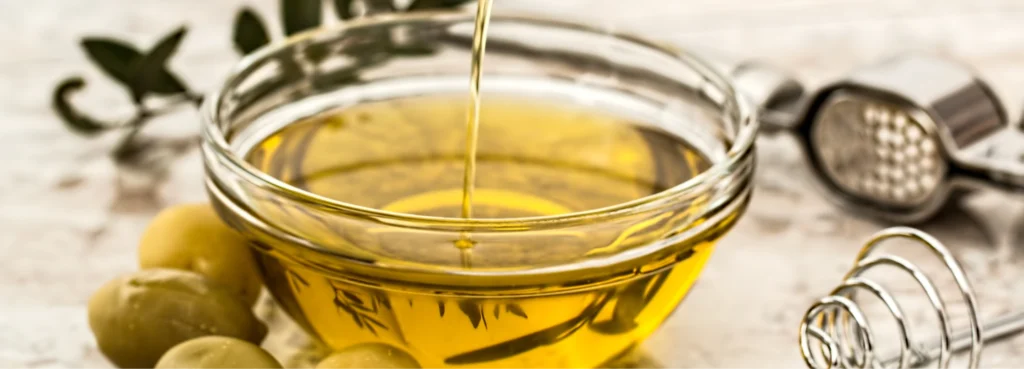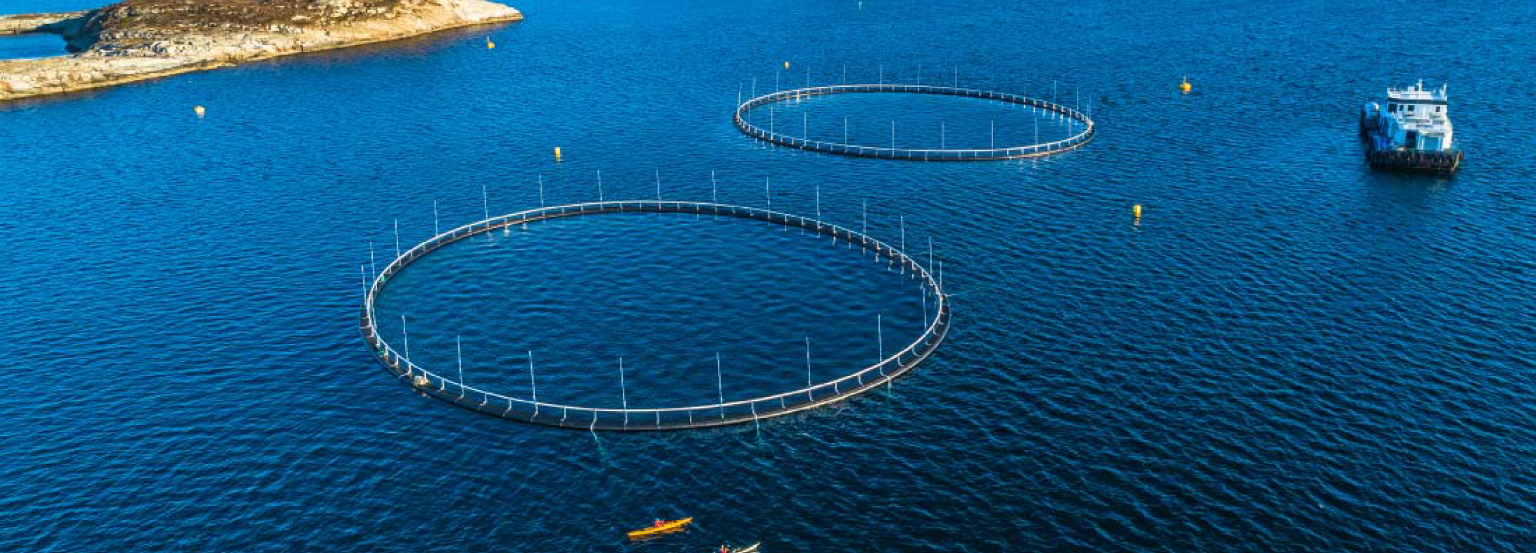
oils in salmon
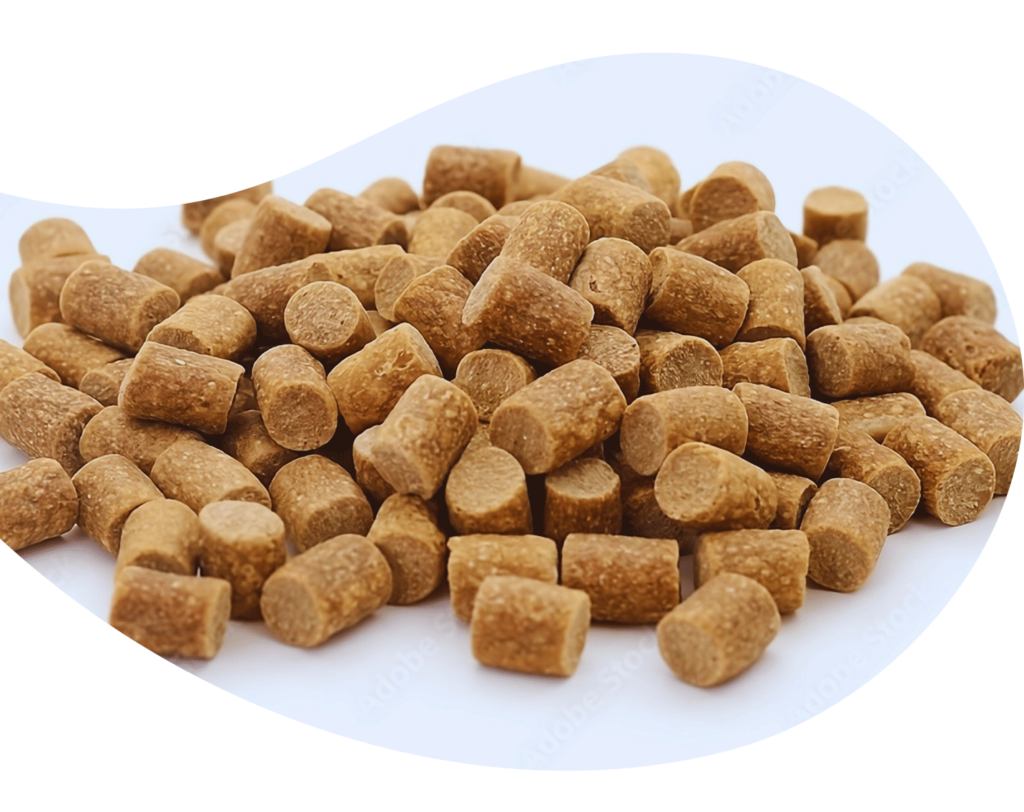

6According to the S&P Corporate Sustainability Assessment, the basis for the Dow Jones Sustainability Index for 2022.
1AQUA. (Abril 24 de 2018). Ingredientes vegetales y animales: Los nuevos protagonistas de las dietas de salmón. Reportajes.
https://www.aqua.cl/reportajes/ingredientes-vegetales-animales-los-nuevos-protagonistas-las-dietas-salmon/#
2Dantagnan, P., Hernández, A., Cabrera, A. & Swiderski, N. (2020). Formulación, fabricación y evaluación de dietas para peces. Salmonexpert. 10(84). 38-49. https://bit.ly/3PS1LA4
3Dantagnan, P., Hernández, A., Cabrera, A. & Swiderski, N. (2020). Formulación, fabricación y evaluación de dietas para peces. Salmonexpert. 10(84). 38-49. https://bit.ly/3PS1LA4
4AQUA. (Abril 24 de 2018). Ingredientes vegetales y animales: Los nuevos protagonistas de las dietas de salmón. Reportajes.
https://www.aqua.cl/reportajes/ingredientes-vegetales-animales-los-nuevos-protagonistas-las-dietas-salmon/#
5Salmonexpert. (Septiembre 26 de 2022). Estudios detallan beneficios de utilizar aceite vegetal en dietas de salmones. Noticias. https://bit.ly/43j6E81
7CORFO. (2021). Programa Tecnológico para la Producción Local de Insumos Nutricionales para la Acuicultura. Convocatorias.
https://www.corfo.cl/sites/cpp/convocatorias/pt_insumos_nutricionales_acuicultura
8Hoyos, J., Villada, H., Fernández, A. y Ortega-Toro, R. (2017). Parámetros de Calidad y Metodologías para Determinar las Propiedades Físicas de Alimentos Extruidos para Peces. Información Tecnológica, 28(5), 101-114. http://dx.doi.org/10.4067/S0718-07642017000500012
Latest news
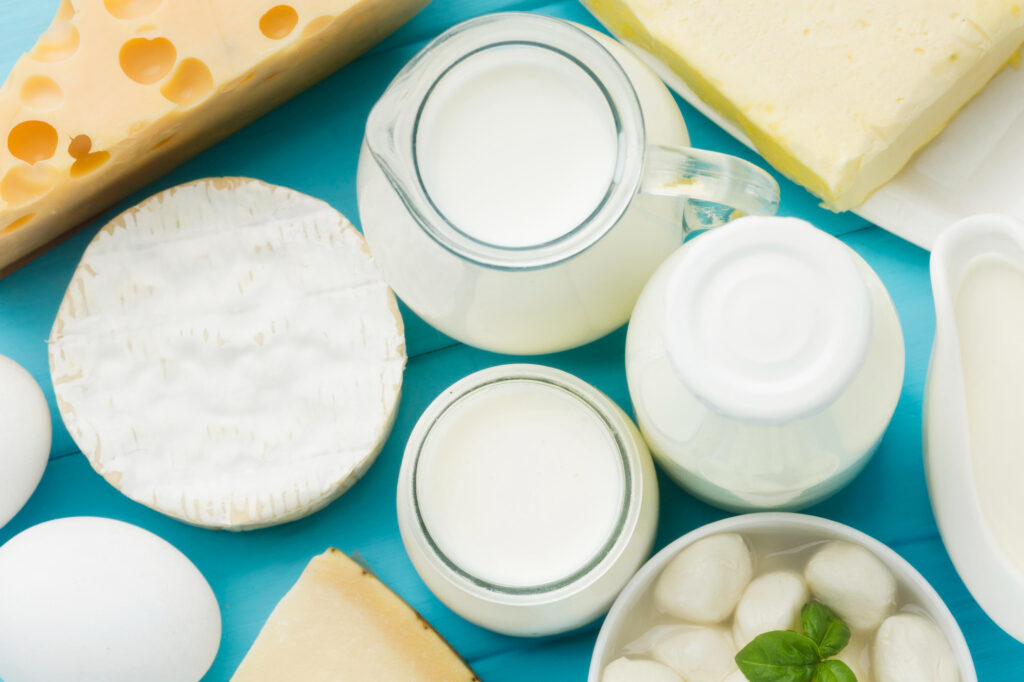
How tailored lipid solutions can overcome the production challenges of dairy analogs
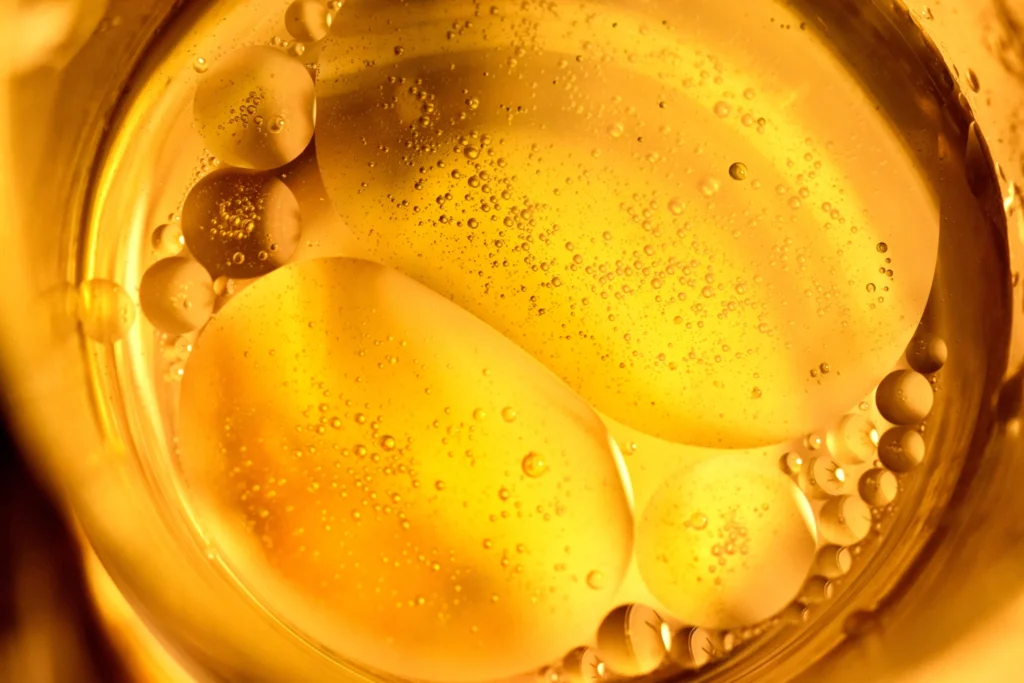
MOSH and MOAH Control: Ensuring Food Safety through High-Impact Strategies
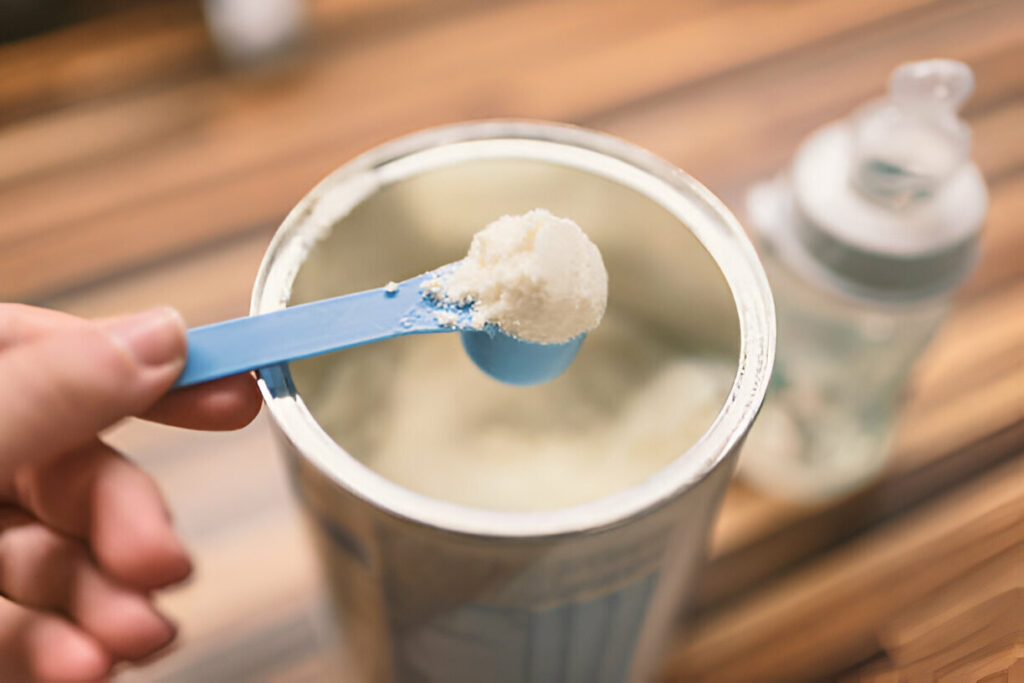
Trends in the consumption of functional drinks and infant formulas in the United States
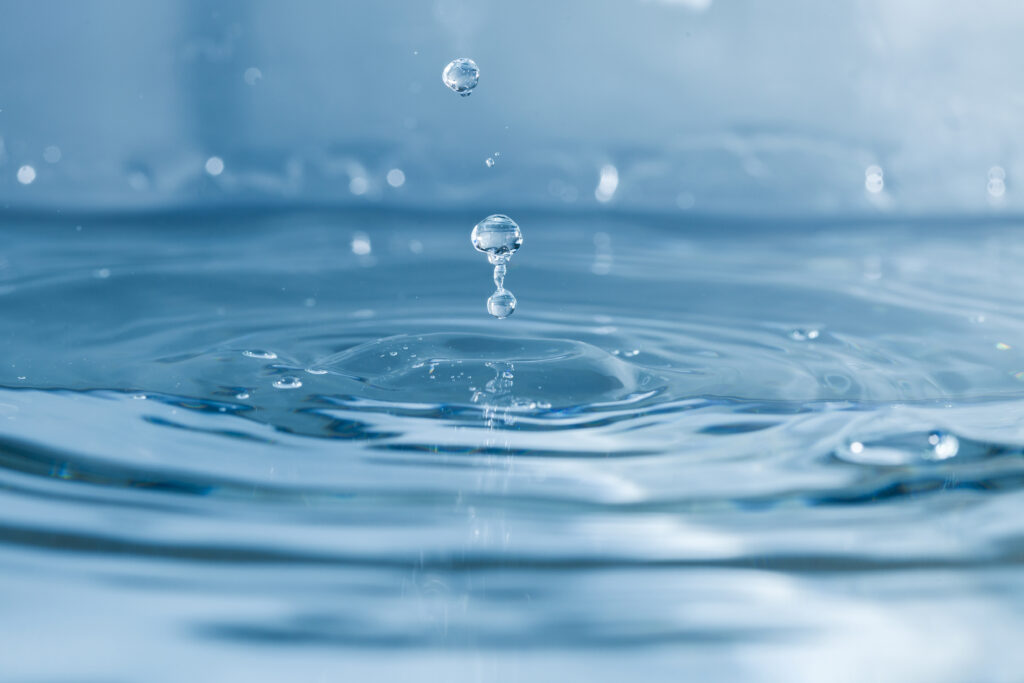
BlueLife: This is how we achieve recycling water that is suitable for life
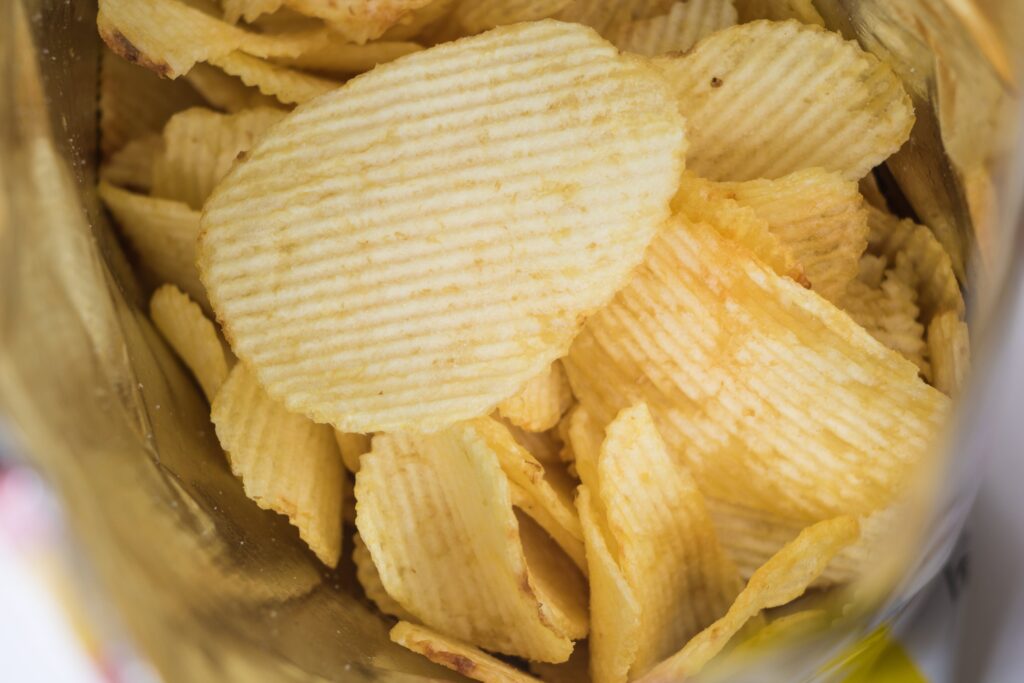
Is it possible to impact sodium and saturated fats through lipids?
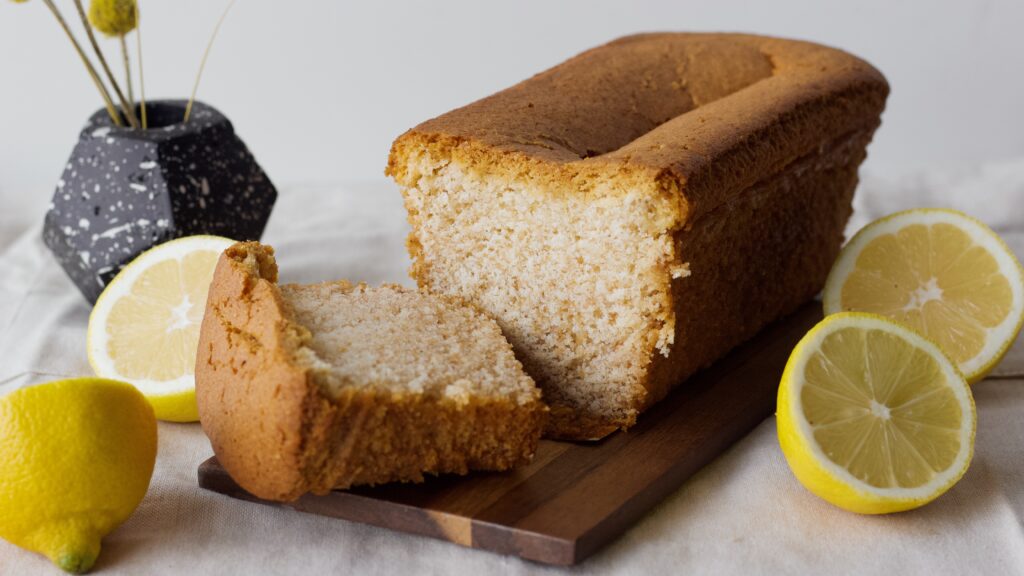
Revolutionizing bakery: Unlocking the potential of Oleogels for texture, wellbeing and sustainability
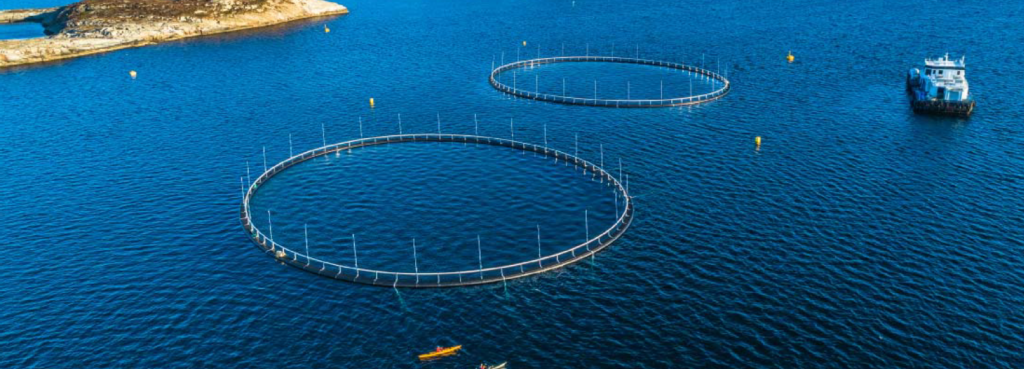
Vegetable oils in salmon nutrition
